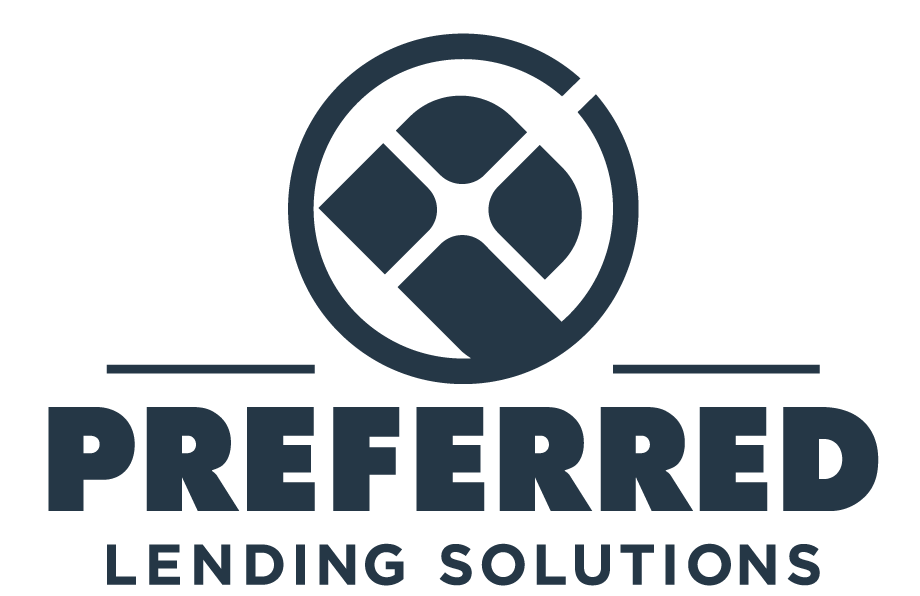Explore Which Type of Mortgage is Right for You
Buying a home can be an overwhelming experience. Before deciding on 3 or 4 bedrooms and which school district, you may want to start with the finances of buying a home. The team at Preferred Lending Solutions wants you to go into your home buying experience well informed, let’s explore the types of mortgages and which may best fit your situation.
Mortgage Loan Types
There are several mortgage loan types. Here are the ones you should know about.
Conventional Loans
Conventional loans are fixed-rate mortgages that are not insured nor guaranteed by the federal government. These are the most difficult to qualify for and have several criteria that must be met. Things like:
- down payment
- credit score
- income requirements
There are two types of conventional loans, conforming loans, and non-conforming loans. Conforming loans have guidelines set forth by Fannie Mae or Freddie Mac. These stockholder-owned companies may have loan limits, etc. Non-conforming loans are usually provided by portfolio lenders and will have guidelines set by the lending organization. They might be more flexible situation by situation.
FHA Loans
The Federal Housing Administration provides various mortgage loan programs and is easier to qualify for than conventional loans. These loans are excellent for first-time homebuyers because they allow down payments of as low as 3.5%. However, they are subject to a statutory limit.
VA Loans
The U.S. Department of Veterans Affairs guarantees loans to qualified veterans. While the VA itself does not make loans, it guarantees mortgages made by qualified lenders. These guarantees allow veterans to get loans sometimes without a down payment. They are typically easier to qualify for than conventional loans.
The pricing of home mortgage loans is determined by the lender with two statistics. The lenders check the borrower’s FICO score from the three major credit bureaus. That information helps determine two standard statistics: the loan to value ratio and the debt-service coverage ratio. Once that is determined the lender will set the rate on the loan. The rate will either be fixed or floating.
A fixed-rate mortgage is one where the rate does not change for the entire period of the loan. With a fixed rate the borrower knows what the monthly loan costs will be for the entire loan. A floating-rate will change over time. This type of rate is designed to help first-time homebuyers get a lower rate, at first, then will rise to a higher rate after 5 or 10 years.
The right choice for each homeowner is different. Some people have a substantial down payment, others may be investing in a fixer-upper. Each situation is unique. Reach out to Preferred Lending Solutions today to see which mortgage is the best fit for your situation.










